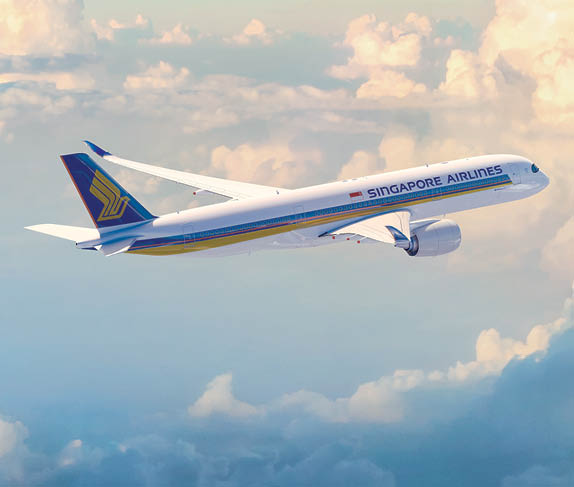Tony Tyler, head of IATA, has commented at the EU-ASEAN Aviation Summit in Singapore on a number of global aviation issues but specifically on the subject of passenger rights. Tyler raised his concerns that some governments are chipping away at the global framework by developing their own passenger rights regulations that not only overlap but often conflict and come with unintended consequences.
“The US tarmac delay rule has such draconian penalties that tarmac delays have virtually disappeared. Airlines are cancelling flights instead. But if you were a passenger, would you prefer to be late...or not to fly at all?” says Tyler. “The EU’s Regulation 261 on passenger rights places the burden of compensation on the first carrier of a journey. At first glance, this may seem to have some logic. But, put yourself in the position of a regional carrier that provides a short link to a hub airport from which the passenger flies to the other side of the world. It would not take many missed-connections for the interline service to be deemed a financial risk. So passengers may be “protected”, but at the expense of losing regional connectivity.”
He adds: “The point in raising these issues is to support the ICAO decision to develop global standards and recommended practices. The industry has already developed some principles which we hope governments will find useful in the process. And I should emphasize that we fully respect the role of the regulator in setting rules. But we usually end up with better rules when they are developed in consultation with the industry. And whether you are creating a regional “single market” or just developing rules for your country, where global standards exist or can be developed, they should be at the heart of the regulatory framework.”
Tyler also addressed the thorny issue of aviation and the environment, where he reiterated the work of ICAO in finding a global solution to the emissions trading debate. Tyler also voiced his concerns that the EU continues to pursue a regional scheme: “a move that the world clearly rejected at the ICAO Assembly in last October. The lesson is that, as with safety, the big prize for aviation’s sustainability is being able to deliver a result globally.”
Tyler also addressed the need for governments to focus on ensuring sufficient capacity.
“With some exceptions, Europe is not providing a good example in the providing sufficient capacity for either air traffic management or airports. The Single European Sky is decades delayed. And recent studies point to a potential 12% shortfall in airport capacity by 2030.
“And there is no room for complacency in ASEAN either. There are discussions around a Seamless Asian Sky that will help deliver efficiencies in the current framework. But if with the growth that the region is expecting, the discussion will need to move fairly quickly beyond the current scope in order to handle projected growth.”
He ended his speech with a final point on free markets: “Air transport is unique in its bilateral approach to allocating traffic rights. Europe’s Single Aviation Market delivers tremendous value to European integration. And the ASEAN liberalization plans have similar potential. That potential will only be realized if states implement what they have committed to do.” He added: “On liberalization in general, I don’t believe that there is any appetite amongst governments for a big-bang shift to global liberalization. But initiatives such as the one being pursued in ASEAN are the building blocks for the industry’s future shape and form. And we support this fully in this effort.
“As the rules for ASEAN’s single market are being developed I hope that governments will keep in mind the need for harmonized regulations, industry consultation, respect for global standards, support for global solutions and provision of sufficient capacity to meet the thirst for growing connectivity.”

